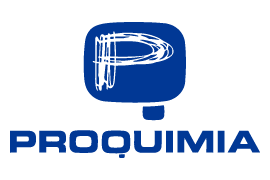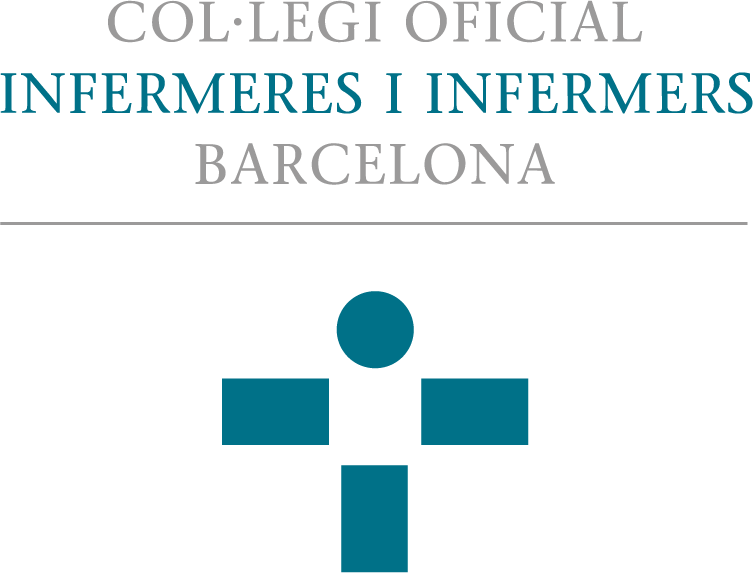Why modernize your company with corporate applications?
Efficiency
operational
Corporate applications automate repetitive tasks and connect flows between teams, freeing up time for higher value activities.
Integration
of data
By connecting information from areas such as sales, finance and operations, companies improve collaboration, decision making and their ability to anticipate change.
Agility
and innovation
The low-code approach allows custom solutions to be developed quickly, reducing dependence on custom development and accelerating internal innovation.
Your specialist partner in Microsoft’s Business Apps ecosystem

At Softeng, we guide companies in designing and implementing enterprise applications that create measurable impact.
We make it possible through three unique differentiators:
- Close and proactive support:
We guide companies in each phase of the process: from the identification of needs to the implementation and evolution of solutions, ensuring that each business application contributes to their objectives. - Technological expertise:
Our expert team in Dynamics 365 and Power Platform applies the most appropriate technology in each project, creating secure, scalable solutions aligned with the priorities of each company. - Guaranteed security:
By basing our solutions on the Microsoft ecosystem, we guarantee security and compliance from design, with the highest standards of protection, access control and data governance.
“Softeng is a partner that is always accessible and that dominates very well everything that works, both in the part of infrastructure and business applications.”
Xavier Amador, Corporate IT Director of Towa.
We have the official Microsoft Business Apps designation.
In Softeng we have the official designation of Microsoft in Business Applications, a recognition that certifies our excellence in the design and implementation of solutions based on Dynamics 365 and Power Platform.

Request a strategy session with our experts.
Frequently Asked Questions
about corporate applications:
What is the difference between Power Platform and Dynamics 365?
The main difference between Microsoft Power Platform and Dynamics 365 is in their approach: while Dynamics 365 offers out-of-the-box business applications covering areas such as sales, customer service or finance, Power Platform allows you to create and automate customized solutions through a low-code approach, ideal for tailoring processes without programming.
Which processes in my company can I optimize with low-code applications?
Low-code applications allow you to digitize and automate business processes in an agile way, reducing errors and improving productivity. With them you can optimize tasks such as approvals management, internal requests, incident tracking, expense control, data integration or the creation of analysis panels.
Are low-code applications safe for corporate use?
Yes, low-code platforms such as Microsoft Power Platform are designed with corporate security standards in mind, offering multi-factor authentication, data encryption, access control and GDPR compliance. In addition, they enable centralized management by IT, ensuring traceability and control of applications created by business teams.
Do I need to have technical knowledge and what does your "accompaniment" consist of?
You do not need advanced technical knowledge: the low-code Microsoft platform is designed so that business users can easily create solutions, while Softeng experts accompany you throughout the process. Our team guides the identification of opportunities, design, implementation and governance of applications, ensuring that each development is aligned with the strategy, security and company policies.
How does Softeng help companies build and optimize their Cloud infrastructure on Azure?
In Softeng accompany organizations throughout the cycle: from assessment and migration to management, security and optimization of their environments in Azure. Our experience as Microsoft Azure Expert MSP and Softeng Max® Platform allows us to offer intelligent governance, total visibility and continuous improvement of costs, performance and security, ensuring that the Cloud infrastructure becomes a competitive advantage.






























































